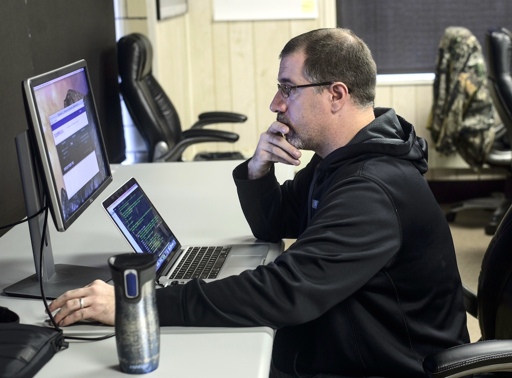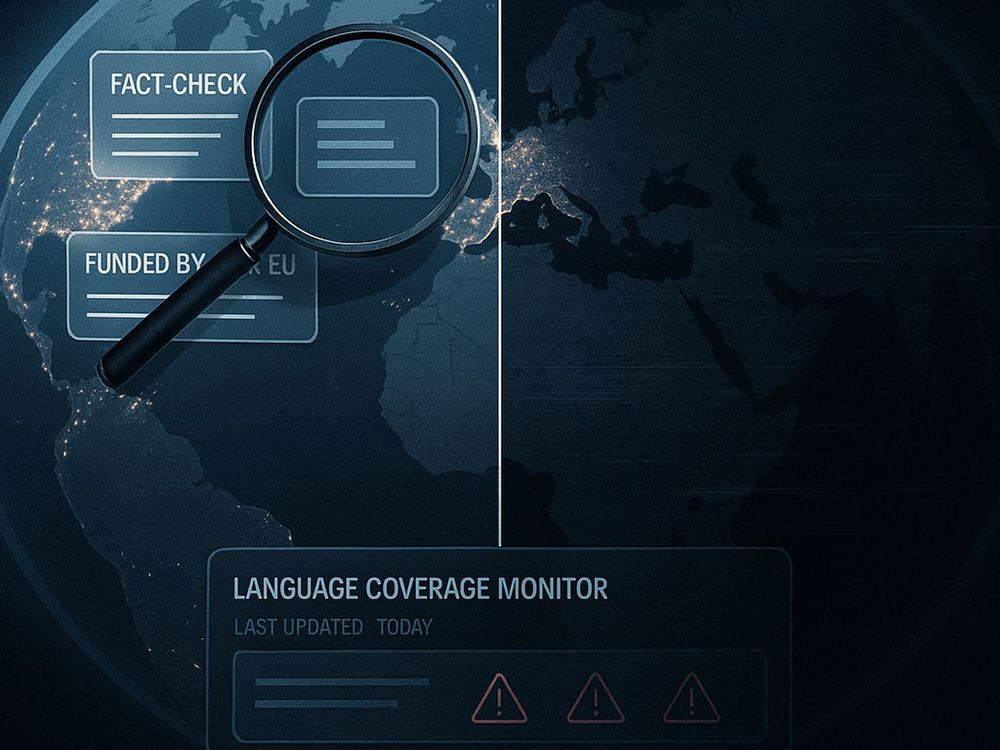- 30 Posts
- 4 Comments

 472·18 days ago
472·18 days agoHere “replace” doesn’t mean “being able to do the same job”. It means you get fired. Automation in most fields never even tried to get close to a level of quality comparable to what a human can do, but it was enough to displace a majority of workers.
The author is a machine learning engineer, so he’s perfectly aware of the limits of whatever is called AI. The point is to make those limits irrelevant by lowering the expected level of quality, as it happened with textile, food, and so on.
Most people don’t know they are allowed to dream, let alone in which direction. While this might not connect with you, there are millions of tech workers who have zero perspective on what’s out there.

 2·1 month ago
2·1 month agoThere’s plenty of neo-nazis in the Free Software movement. It’s “Free Software”, not “Free People”


















It’s Germany, they have labor rights that they want to uphold. This is a so-called “warning strike”, to signal that there will be collective legal action if they get fired without abundant severance pay.
Basically TikTok doesn’t want to negotiate with the union and the union is showing that there’s support for collective legal action instead of a 1-on-1 dismissals that would cost the company way less. The company has an interest in negotiating because it’s quite sure to lose the legal battle.